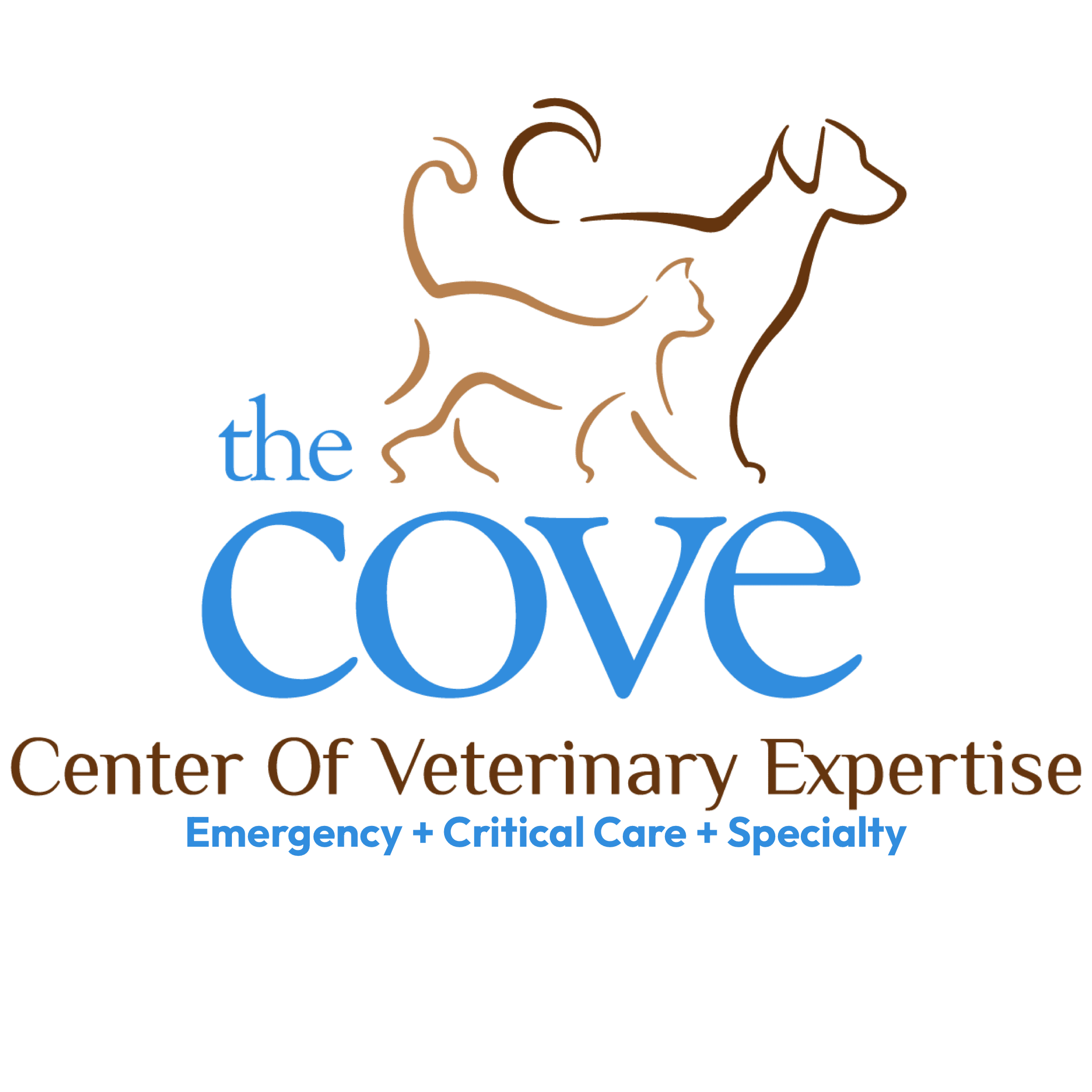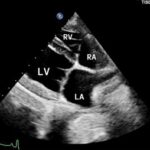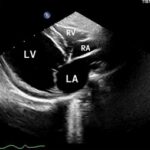By Marie Moore, LVT
Molly is a 7-year-old female spayed Dachshund who arrived at The COVE emergency service as a referral for episodes of collapse. During a cardiac consultation, Molly was diagnosed with dilated cardiomyopathy (DCM), a condition in which the heart becomes enlarged and unable to squeeze or contract appropriately. This disease is not common in small breed dogs like Molly, but is seen in medium and large dogs, particularly Boxers, Doberman Pinschers, Great Danes, Irish Wolfhounds, and Saint Bernards.
In taking her medical history, we asked about Molly’s diet and learned that she had been on a grain-free labeled diet for most of her life. Over the last few years, the FDA has made several reports linking various boutique, mostly grain-free labeled diets, in association with the development of DCM, currently labeled as diet-associated dilated cardiomyopathy.
Molly’s DCM was so advanced that she was also in congestive heart failure. Molly was started on medications to treat heart failure, and she was switched to a grain-rich diet (no legumes or lentils). Molly had also developed a potentially life-threatening arrhythmia (abnormal heartbeats), which meant that her heart rate was too slow. The heart needs to beat a certain number of times per minute to effectively deliver blood throughout the body. Molly was started on medication to help keep her heart rate up.
- Normalheart
- Mollyheart
Molly’s heart was re-evaluated four months after her diet switch. Her heart muscle function (the ability to squeeze) had greatly improved. She now no longer needs a diuretic for heart failure. She is no longer experiencing episodes of collapse. Her heart rate and rhythm are now normal but are still being monitored routinely.
Nutritionally related DCM can take up to a year or more to see results. Sometimes the heart does not improve. Fortunately, in Molly’s case, she is making a rapid recovery! Molly does remain on cardiac medications and will continue to follow up with Dr. Small to monitor her changes.

There are still many unknowns involved with the ingredients in boutique and grain-free labeled diets, as well as their links to heart disease in canines. Studies and research are being conducted to find the source of the problem. The main diets of concern tend to be those that contain peas, chick peas and lentils, and perhaps white and sweet potatoes.
For more information on the FDA reports and research that has been gathered, we encourage you to review these websites from the FDA and Boarded Veterinary Nutritionists at the Cumming’s School of Veterinary Medicine at Tufts University:
- Questions & Answers: FDA Center for Veterinary Medicine’s Investigation into a Possible Connection Between Diet and Canine Heart Disease
- A broken heart: Risk of heart disease in boutique or grain-free diets and exotic ingredients
If your family veterinarian suspects that your pet has a heart issue, an accurate and timely diagnosis is imperative to determine the best course of treatment. If your pet could benefit from a consultation with our board-certified veterinary cardiologist, call us today (757) 935-9111.
About Us
The COVE’s veterinarians and staff wholeheartedly embrace the core values of community, collaboration, commitment, compassion, and integrity. This focus ensures that pets, the people who love them, and their primary care veterinarians have as positive and affirming a healthcare experience as possible, regardless of the circumstances that bring us all together.


